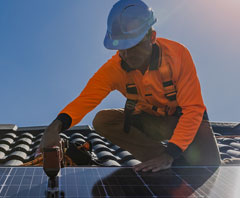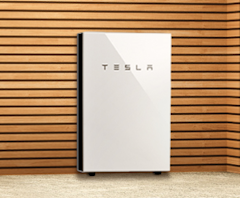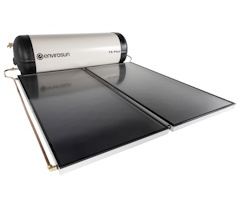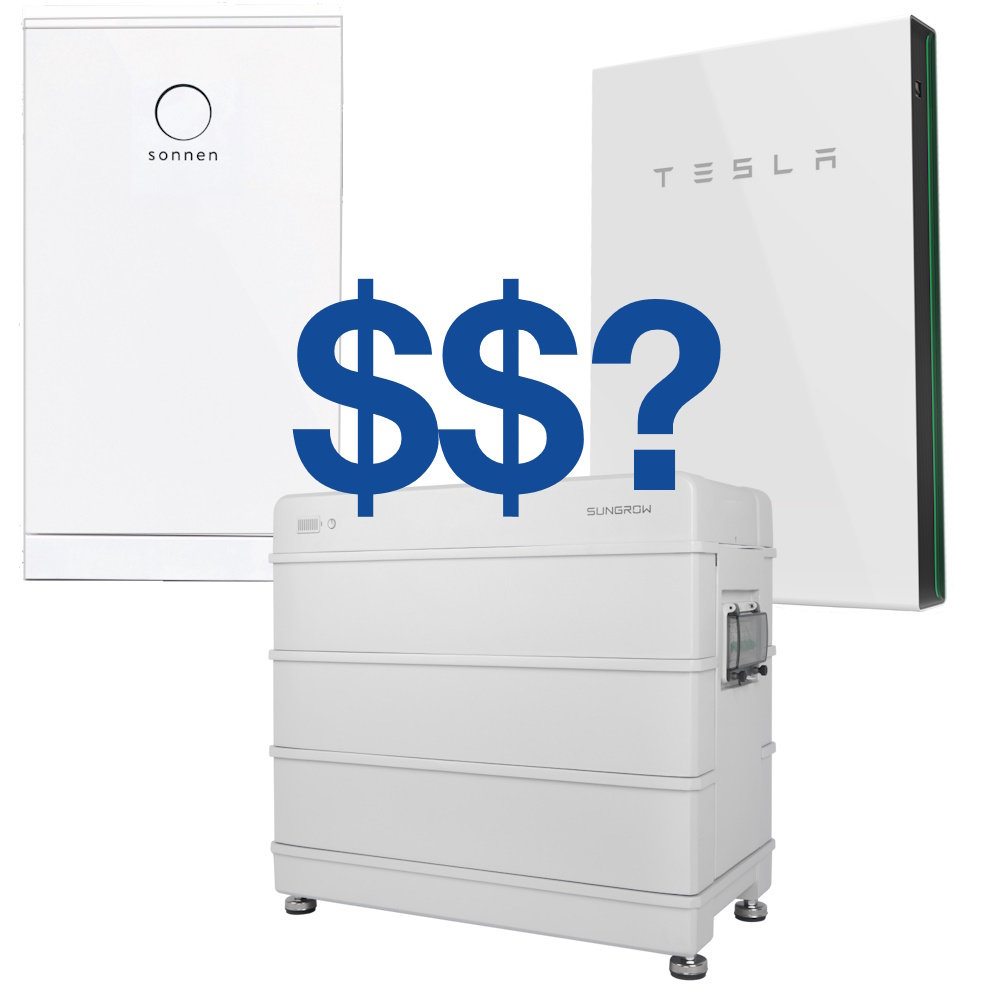Solar Battery Price and Payback Time
Updated September 2024. With rising electricity prices more people want to find out about the solar battery price in Sydney and NSW. They want to know if solar batteries are worth the cost.
A lot of articles have been written on this, and often conclude that a solar battery is a marginal investment.
Some state a payback time of 10 years or more. This can be true depending on the type of battery, the battery size, and if you are adding to an existing solar power system. Many people read this and think solar batteries are not worth it.
Here we look at the solar battery price and show why solar batteries are worth it – and work out the solar and battery payback time.
Cost Per kWh
Current Solar Battery Price in Sydney
A solar battery price is usually expressed as $ per kWh (kilo-watt hour) (kWh) and is between $900 to $2,000 per kWh. Our 9.6 kWH Sungrow SBR battery with a 6.6kWh solar system is $13,888. The battery cost by itself is $985/kWh, not including the hybrid inverter needed to connect the battery to the solar system.
The 13.5kWh Tesla Powerwall battery with a built-in inverter is $1200/kWh.
The 10kWh AC connected Evo battery from sonnen battery costs $9,950 or $995 per kWh. This price includes the integrated inverted for connecting it to the solar system.
All the costs quoted above are correct as at September 2024 and may change after this date. Several factors effect battery pricing and we look at these in more detail later.


Solar Battery Price and Payback Time Simplified
We are going to examine clearly and simply the solar battery price and payback time when the battery is purchased as a package with a solar system.
When buying the battery and the solar system together, it is a single investment. The payback on this investment needs to be measured by the total savings generated by the solar and battery together.
More people than ever who do not have solar, or have a small, older solar system, want to buy a battery with a new solar system and want to know the price. More importantly people want to know if buying a solar battery and solar system is worth it and what their payback time is.
What is the Payback Time?
Solar & Sungrow Battery for $13,888 - Payback Under 4 Years
Our package of a 6.6kW solar system with a 9.6kWh Sungrow SBR096 battery costs $13,888 and the estimated payback time is 3.95 years.
Yes, correct – under 4 years. The SolarBright selling price for this sized battery package in Sydney at September 2024 is $13,888 including a standard single storey installation. (Please note this price will change in the future, and this price here does not constitute an offer to sell the package at this price after September 2024. Check our latest battery special offers HERE.
These prices do not take into account the effect of the upcoming NSW battery rebate from November 1 2024. The rebate is worth $2,000 for a 10kWh battery. This will reduce the cost of a 10kWh battery by approximately 20% and speed up payback time.
Yes, there are assumptions made in calculating this solar battery price payback – these are fully detailed below.Let’s look at the numbers.

$11,888 Special Solar & Battery Offer
9.6kWh Sungrow Solar Battery and Premium 6.6kW Solar Now $11,888 with NSW Battery Rebate Deal
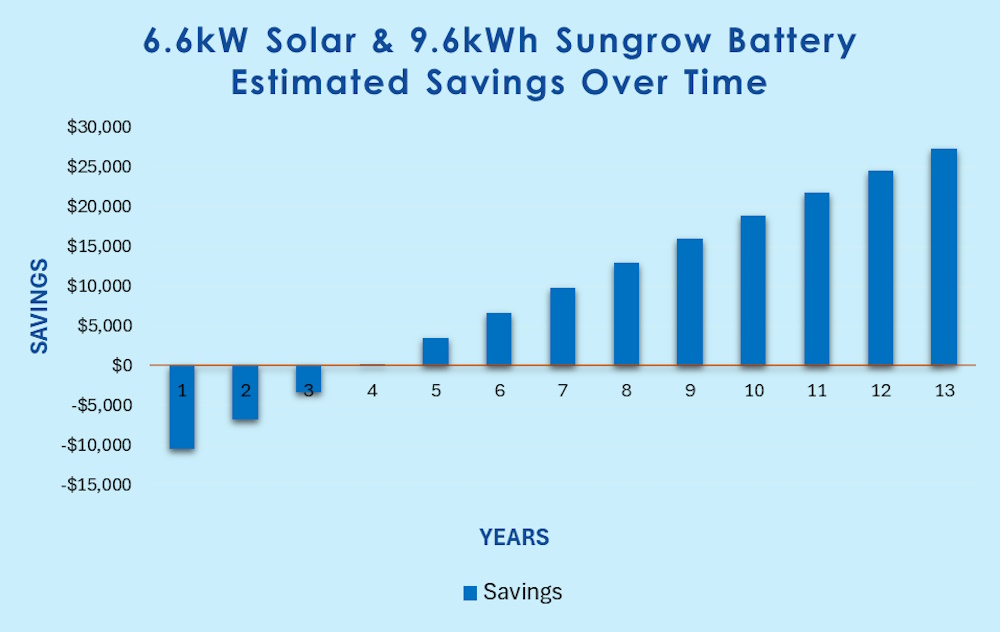
$19k Savings in 10 years
Working Out the Solar & Battery Payback Time.
These figures are calculated for the 9.6kWh Sungrow solar battery with the 6.6kW Max Power solar system purchased for $13,888 (September 2024 pricing). We take the battery and solar together as a single investment.
In total the solar and battery generate yearly savings of $3,274.99 for the household. Thus the estimated payback time is only 3.95 years.
Assuming a degradation factor 2.25% per year the battery will generate an estimated $18,937 in savings over 10 years (after paying for itself).
The battery warranty is 10-years. If the useful economic life of the battery is 13-years your total savings are estimated at $27,338 after paying the battery back. These estimated savings do not consider any rises in the price of electricity.
Assumptions for Calculating Battery Payback
System Estimated Production and Electricity Costs
Here are the assumptions behind the solar battery & solar system payback time calculations:
| CEC Zone 2 Daily Production Factor/kW of Solar System | 3.9kWh |
|---|---|
| Solar System Size kW | 6.6kW |
| Average Daily Production (CEC prod. Factor x 6.6kW) | 25.857kWh |
| Estimated Yearly Production | 9,438kWh |
| Battery Cycles Per Day | 1 |
| Electricity Cost/kWh | $0.38 |
| Feed in Tariff | $0.05 |
Electricity Usage Assumptions
In this scenario we have assumed the household will use 90% of the power produced per annum at $0.38/kWh and the other 5% will be exported to the grid getting $0.05/kWh. We calculate the annual savings generated by the solar and battery system as follows:
| Usage Assumptions | % of Production | kilowatt-hours (kWh) | $ Value per Year |
|---|---|---|---|
| % Per Year Consumed | 95% | 8,966.1 | $3,407.12 |
| % Per Year Exported | 5% | 471.9 | $23.60 |
| Total Per year | 100% | 9,438 | $3,430.71 |
Factors that will Affect the Price of Solar Batteries
The cost of a solar battery is usually expressed as $ per kWh of storage capacity. The cost per kWh is affected by several key factors. Looking at these factors can help homeowners make informed decisions when considering the installation of solar battery storage.
Battery Capacity: The size of the battery, measured in kilowatt-hours (kWh), directly affects its cost. Larger capacity batteries can store more energy and provide more power for night time use. Therefore, higher capacity batteries typically come with a higher price tag.
Location: Where you are located also influence the price. Batteries are more expensive in regional areas reflecting higher transport costs and higher installation costs.
Brand and Manufacturer: Reputable and established brands often come with a premium price due to their reliability and performance. Lesser-known brands might offer more affordable options. Battery buyers should consider warranty periods and supplier reviews before deciding.
Installation Costs: The installation process involves labour and equipment. A more complex installation, such as the integration with existing solar panels and the electrical system, can influence the overall cost. Also consider your battery and solar supplier. Are they a reputable installer with a long history, or a flash in the pan two men in a van outfit who will be cheaper.
Incentives and Rebates: Government incentives, subsidies, and rebates play a crucial role in reducing the upfront cost of solar battery systems. These incentives can vary over time and impact the final price for consumers. Some state governments have battery incentives in place however there is no federal government program equivalent to the scheme for solar panels. Also, manufacturers may provide incentive to buy their solar battery.
The Future
Will Battery Prices come Down?
While it is hard to predict the exact future of solar battery pricing, lets look at what is happening to the cost of battery raw material – lithium. The cost of lithium will influence the future price of solar batteries.
As world demand for electric vehicles is soars, in June 2023 lithium producers warned that future supply may not meet demand.
Reuters reports in the linked article: “Albemarle (ALB.N), the world’s largest lithium producer… expects global lithium demand to exceed supply by 500,000 metric tons in 2030. Various consultancies and other producers have slightly different projections, but all warn of a looming shortage.”
Looking at the lithium ore price chart we see currently lithium prices have come down from peaks seen in 2022, and this is being reflected in some solar battery prices. If the predicted shortages come into play, we will see battery prices climbing.
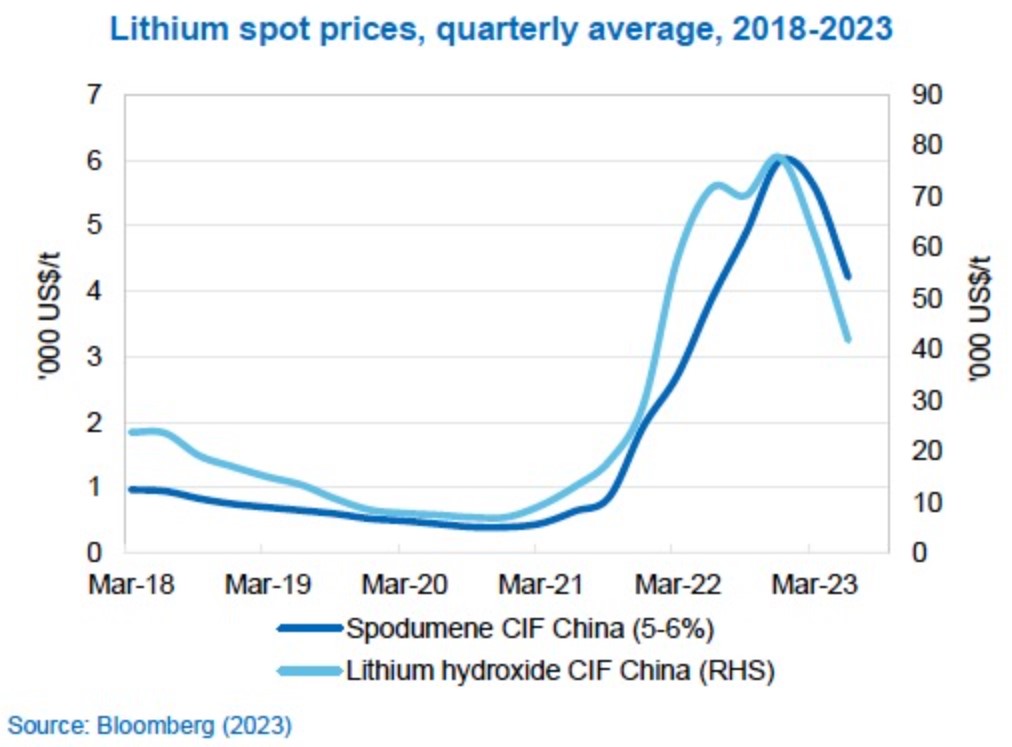
Solar Battery Conclusion
Yes, we admit we have a vested interest in selling solar panels and solar batteries. This what we do to save our customers thousands of dollars off their power bills. We also have a vested interest in giving our customers straight forward, no-nonsense advice. That is the basis of our 15-years of success in solar.
We currently have battery pricing down to as low as $990/kWh. We see the payback time on the Sungrow 9.6kWh battery with the 6.6kW solar come in at just under 4 years.
Given the fact electricity costs in Australia are expected to continue to rise, and lithium producers are expecting global shortages to affect pricing, we conclude now is a goodtime to invest in a solar and battery.
The solar and battery package we looked at generates estimated savings of $3,431 per year. Waiting 18 months for battery prices to falls means you forego $5,145 in savings. We cannot foresee battery prices falling enough to make up for the loss while waiting.
Disclaimer:
The prices mentioned in this article are correct as of May 2024. The pricing of the battery and solar package may change over time. The battery and solar prices shown in this article are not to be construed as an offer to sell at these prices at any date after the May 2024 update of this article.
